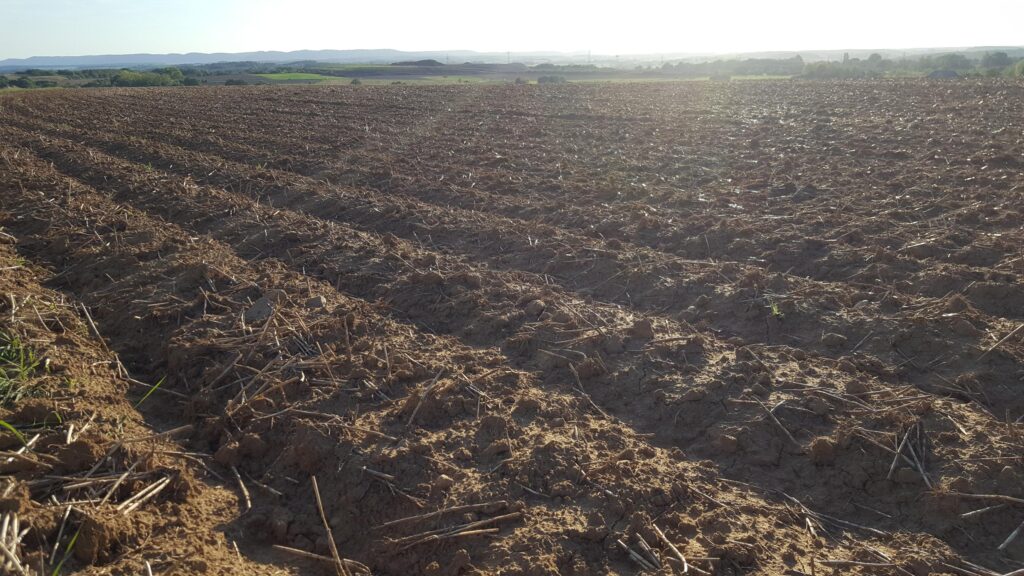Over the centuries the available information grew and with it the available knowledge.
Things changed dramatically since the first website appeared on the web in 1990.
From a few pioneers being online, we have moved to a situation where the internet now has more than 3,4 billion users. This is on average 640.000 people being online daily.
Beyond being online daily, people have switched to contributing more and more information onto the web. About 90% of the web content has been added to the internet since 2016. It’s for example 470.000 tweets added per minute or 3,4 billion Google searches per minute conducted worldwide.
With so much information available to us, information becomes more fragmented. The systems we’ve used in the past to organize data, like libraries, encyclopedias for long term knowledge or newspapers for daily information can now only organize a small part of it all.
It’s especially challenging with daily news. The first newspapers appeared in 1605, the first daily newspaper dating from 1650. Publication speed and breadth depended on the availability of information. While global news was already published then, they were filtered according to relevance in time, space in the publication and effort to publish it. These three criteria have disappeared today. Publication on the web happens is in the moment, with illimited space and hardly any effort required.
It depends on the attention and work the individual publishing the information is investing in the publication.
If it comes to retweeting or sharing existing information, it’s one click.
If it is evident how much the internet transformed the way information is available and used. It is less visible how trust in the published news remains as it was. The shift from professionals to everyone has hardly changed how information is used. In Faust, Johann Wolfgang von Goethe expressed our comfort with printed media like this “For what one has in black and white, One can carry home in comfort.”
Our resistance to change leads us to assume that things stay the same. We oversee that it requires us to reevaluate the situation and learn how to adapt to it.
To make it work for all of us, the internet requires every one of us to be responsible for how we read and how we publish information.

